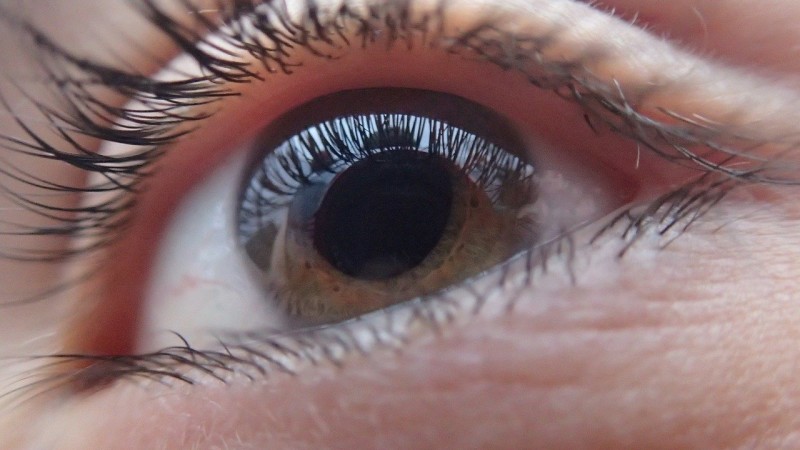Can Air Pollution Cause Blindness?
2020-01-22Prolonged exposure to particulate matter 2.5 (PM2.5) may increase the risk of contracting glaucoma, according to a new study from the UK. A collaboration between Cardiff University, Moorfields Eye Hospital, the University of Bristol and University College London, the research was published in the journal Investigative Ophthalmology and Visual Science.
After collecting data from more than 100,000 patients over a four-year period, the authors found that there was an increase in people self-reporting a diagnosis of glaucoma based upon average concentrations of PM2.5 in and around their home environment. While the link could not be directly and conclusively proven, it does provide interesting food for thought when considering the long-term and unseen effects of poor air quality.

Eye-opening results
Between 2006 and 2010, 111,370 individuals were recruited to take part in the study. As well as receiving clinical assessments and eye examinations, the participants also filled out questionnaires containing information about their health history. The authors of the study cross-referenced those results against data provided bymajor new low-cost air quality monitoring technology from the Small Area Health Statistics Unit, to ascertain levels of PM2.5 around the subjects’ home addresses.
They found that 1.8% (2,040) of those who responded said they had been diagnosed with glaucoma in the past. However, the number of those self-reporting the diagnosis rose 6% for every quartile increase in PM2.5. They also found a link between higher levels of PM2.5 and thinner nerve fibres at the rear of the eye (technically known as the ganglion cell-inner plexiform layer or GCIPL), which is thought to be a contributing factor to glaucoma.
What is glaucoma?
Glaucoma is a medical condition which affects the eyes and can cause blindness if left untreated. It occurs when pressure mounts inside the eyeball, resulting in compression and bringing about damage to the optic nerves at the rear of the eye. These nerves communicate imagery information to the brain, meaning any damage to them can result in blindness.
Glaucoma most commonly occurs over a number of years as the pressure inside the eyeball gradually builds and builds. It can often be a hereditary condition, while those from African, Asian or Caribbean heritage can be at greater risk of contracting the disease. But while air pollution has been proven to affect a number of different bodily organs, there are few previous studies linking it to eye conditions, glaucoma or premature blindness.
What next?
The authors of the study were quick to point out that while their research does suggest a link between PM2.5 and the contraction of glaucoma, it does not conclusively prove one. They did adjust their results to allow for other contributing factors such as age, gender, ethnicity, smoking status, body mass index (BMI) and general eyesight, but cannot be sure they did not miss other crucial facets of the issue. What’s more, there is much room for discrepancy in the rate of those self-reporting diagnoses of glaucoma and of the actual air quality exposure they endured.
As such, the results of the study should not be interpreted with panic or worry. Instead, the NHS is simply advising people – as they always do – to submit themselves to regular eye examinations. In this way, glaucoma can be diagnosed and treated before it can cause blindness or significantly impaired vision in the affected eye.
Airpool commercial Air Purifier INC, based in Dallas, Texas, USA is a commercial-oriented indoor air purification solution supplier. It provides effective technology for improving the indoor air quality. Our innovation and products are widely used in the world scope. Airpool is committed to the indoor environment solutions. It keeps exploring innovative and improved methods to increase efficiency, respect our environment, and to ensure that our indoor air as pure as possible.

